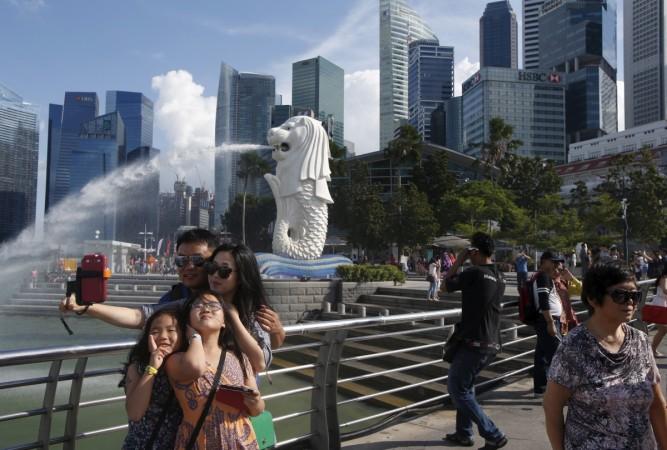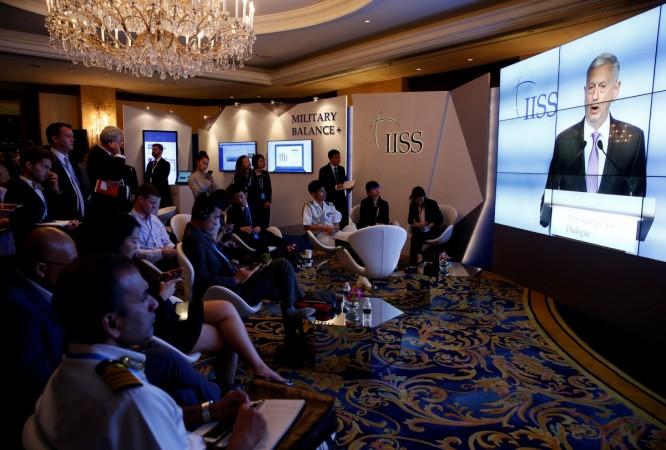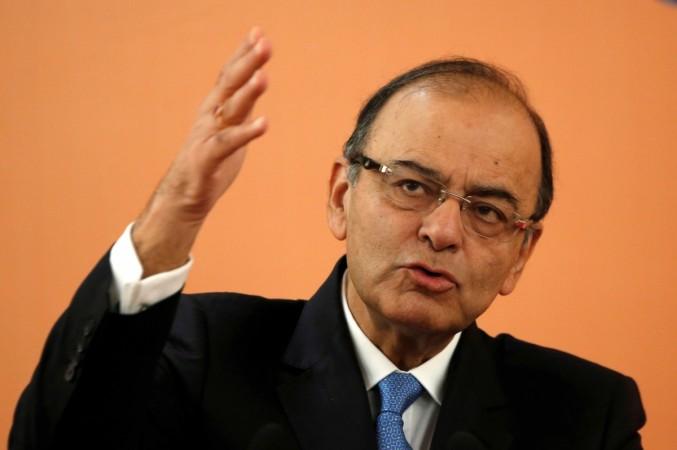
Singapore says that the terror threat to the island city-state is at its "highest in recent years" and has advised its citizens to remain alert and prepared to face any eventuality.
"The terrorism threat to Singapore remains the highest in recent years. Singapore was specifically targeted in the past year and the regional threat has heightened. Even though there is no credible intelligence of an imminent attack at this point in time, our security agencies remain on high vigilance," the Singapore Terrorism Threat Assessment Report 2017 said.
The update came a day ahead of the 16th Asia Security Summit (IISS Shangri-La Dialogue 2017) that began on Friday and ends on Monday, June 4.
The threat is more from the Islamic State in Iraq and Syria (ISIS) than regional outfits or even other notorious terror organisations. "While threats from groups like Al Qaeda (AQ) and the Jemaah Islamiyah (JI) remain, it is the ISIS threat which has shaped our security landscape for the last few years," the report said.
Singapore is vulnerable because it is part of the anti-ISIS coalition, the country's home affairs ministry said in the report, highlighting past terror attacks attributed to the ISIS.
"ISIS has been linked to several attacks across Southeast Asia. These include the first ISIS-claimed attack in a suicide-bombing-cum-shooting in Jakarta, Indonesia in January 2016, and the grenade attack carried out on a nightspot in Puchong, on the outskirts of Kuala Lumpur, Malaysia in June 2016. The Puchong attack was at the behest of Syria-based Malaysian ISIS militant Muhammad Wanndy Mohamed Jedi," the ministry said in a media statement.
Singapore is a prominent Asian financial centre and attracts many foreign tourists every year. In calendar year 2016, the foreign tourist arrivals rose 7.7 percent to 16.4 million while earnings grew 13.9 percent to S$24.8 billion, according to the Singapore Tourism Board (STB). China is the biggest source, followed by Indonesia and India.
IISS Shangri-La Dialogue 2017
Deriving its name from the place (Shangri-La Hotel in Singapore where it has been held since 2002), the 16th Shangri-La Dialogue (SLD) is being attended by defence ministers, chiefs of defence forces, senior officials and academics from 39 countries, according to the Straits Times.
The summit is organised by the London-based International Institute for Strategic Studies (IISS) and assumes significance this year in the backdrop of North Korea's military muscle-flexing, tension in the South China Sea and increase in terror attacks worldwide.

US warns about North Korea's nuclear pursuits
North Korea poses a "clear and present danger" to the world, especially Asia, and the US is committed to get rid of nuclear weapons the North Korean regime possesses, US Defence Secretary Jim Mattis said on Saturday at the Shangri-La dialogue.
"We're working diplomatically, economically, we're trying to exhaust all possible alternatives to avert this race for a nuclear weapon in violation of ... the United Nations' restrictions on North Korea's activities. We want to stop this. We consider it urgent," the Associated Press quoted him as saying.
To counter the threat posed by North Korea, the US has 28,500 troops stationed in South Korea.
He also warned China for its military activities in the disputed areas of the South China Sea. "We cannot and will not accept unilateral, coercive changes to the status quo," Mattis said.

India skips event
Indian Finance Minister Arun Jaitley, who also holds the defence portfolio, won't be attending the Summit, as he is apparently pre-occupied. "Due to work-related commitments, the minister was not able to go for the event," the Economic Times quoted defence ministry sources as saying.

Instead, the event will be attended by officials of the Indian High Commission in Singapore, representatives from the BJP's foreign cell and experts from New Delhi-based think tanks.

















